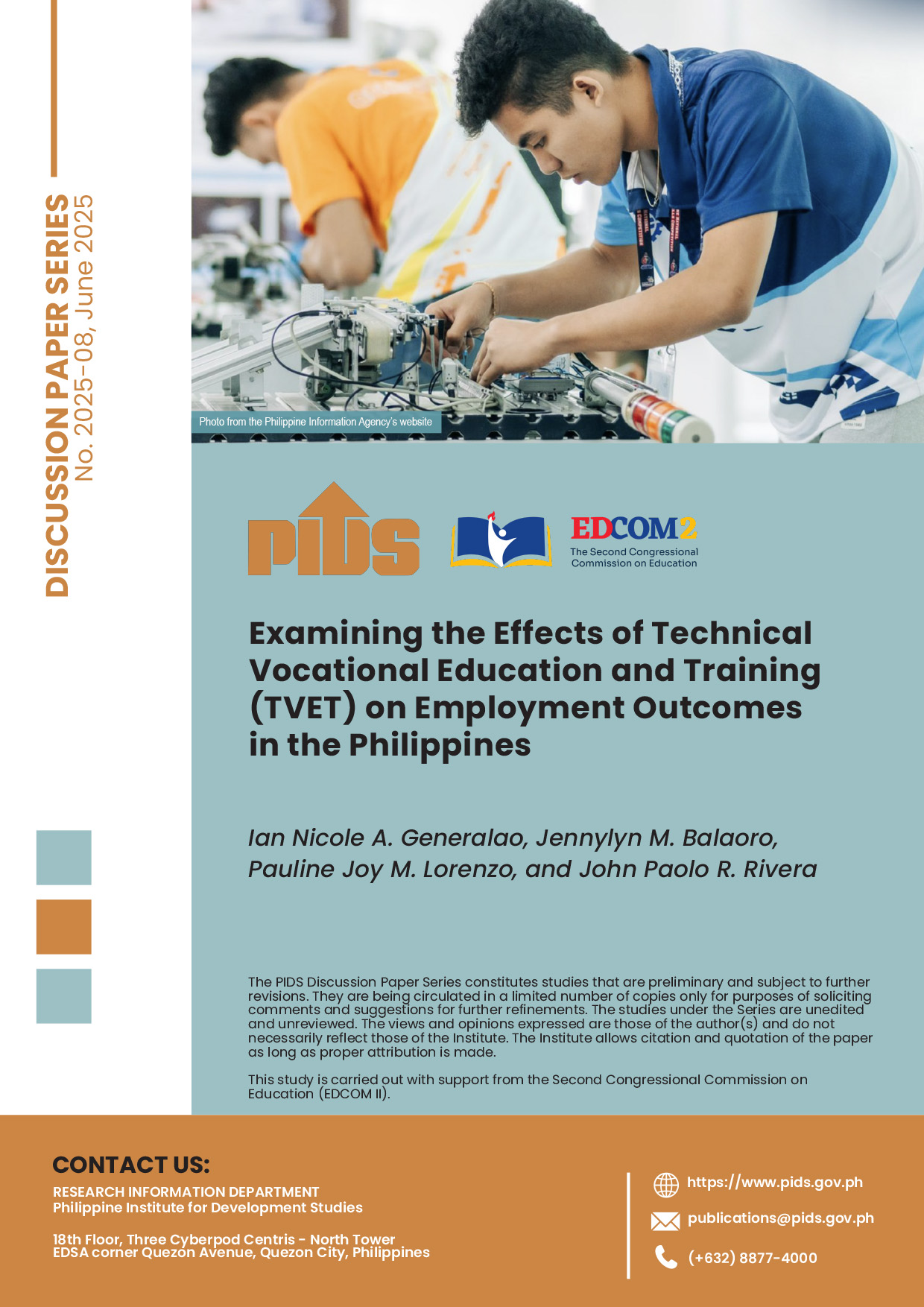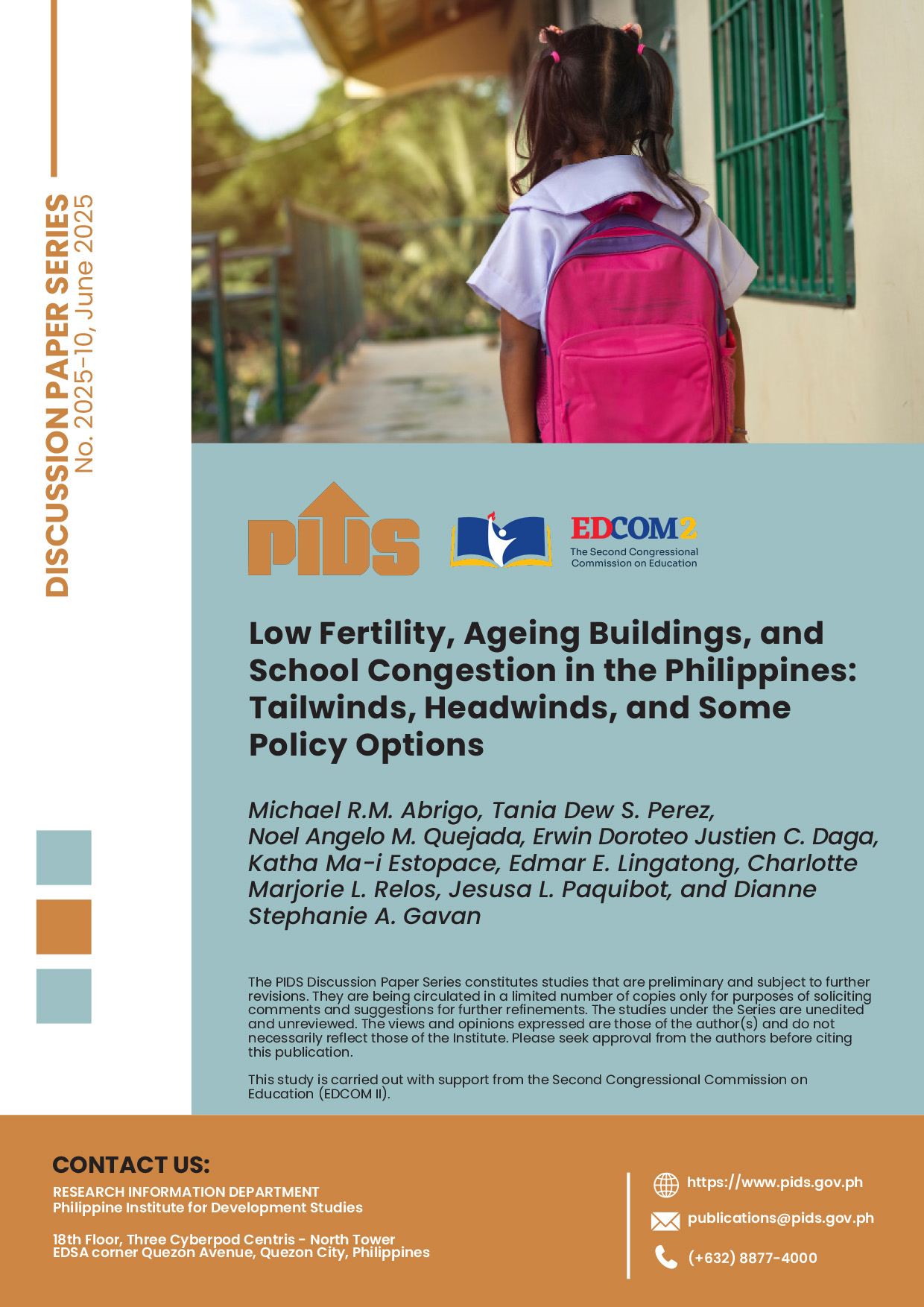As of 2024, the Philippines faces a shortage of around 33,000 daycare centers—far below the estimated 96,000 needed—according to a study conducted by the Philippine Institute for Development Studies (PIDS).
The PIDS study also noted that the country is "three times lacking of the current stock of child development workers."
It further pointed out that many Filipino children fail to reach their full potential due to inadequate early childhood care and development services, with only 20 percent of children aged three to four enrolled in pre-kindergarten in 2022, and just 23 percent benefiting from feeding programs.
These alarming gaps prompted the passage of a landmark law revamping early childhood care and education.
Signed into law on 8 May, the Early Childhood Care and Development (ECCD) System Act, or Republic Act No. 12199, aims to close long-standing gaps in care, nutrition, and education for children from birth to age five.
“This legislation marks a crucial step in ensuring that every Filipino child has the support and opportunities they need to thrive,” said Dr. Valerie Gilbert Ulep, PIDS Senior Research Fellow and co-author of the study Behind the Slow Start: An Assessment of Early Childhood Care and Development in the Philippines.
The study — produced in partnership with the Second Congressional Commission on Education (EDCOM 2) — highlighted how governance, funding, and other supply-side challenges have long hindered progress.
National support for early childhood services has largely been reactive and often lacks incentives for local government units (LGUs) to invest in long-term solutions.
To address these issues, the ECCD System Act mandates the creation of dedicated ECCD offices in every province, city, and municipality—empowering LGUs as frontline implementers.
The law aims to strengthen governance, improve resource allocation, and ensure the delivery of comprehensive, quality services at the local level, with enhanced monitoring and evaluation systems. This includes integrating ECCD-related indicators into the Seal of Good Local Governance to recognize LGUs that champion early childhood services.
The law also highlights the need to professionalize and standardize salaries for child development workers.
It also enhances inter-agency coordination through the revitalized ECCD Council, promoting a holistic, multi-sectoral approach across health, nutrition, education, and social welfare — an approach strongly advocated in the PIDS study.
The Department of the Interior and Local Government is tasked with building LGU capacity, monitoring compliance with the ECCD system, and facilitating coordination among local agencies.
The Department of Education is tasked with promoting ECCD careers, supporting curriculum development, and facilitating assessment and certification of service providers.
Meanwhile, the Department of Health, Department of Social Welfare and Development, Commission on Higher Education, Technical Education and Skills Development Authority, Department of Agriculture, and the National Nutrition Council are tasked with supporting programs related to health, nutrition, social welfare, and skills development — including supplementary services such as feeding and emergency programs.
The law further prioritizes inclusive access for children with disabilities and aligns with the Universal Health Care Act to foster holistic child development.
“This new law highlights how research can directly inform policies that impact lives,” Ulep said. He also credited the PIDS and EDCOM 2 partnership for translating research into meaningful policy reforms benefiting Filipino children nationwide.
“It is a powerful reminder of what we can achieve when evidence guides our decisions,” he added.
In March, President Ferdinand R. Marcos Jr. approved a P700-million funding request for the establishment of child development centers (CDCs) in fourth- and fifth-class municipalities across the country.
Marcos stressed that the funding will support low-income barangays that lack the resources to implement early childhood development initiatives.
Meanwhile, the Department of Budget and Management has committed to funding the establishment of CDCs this year.
EDCOM 2’s Year Two Report revealed that around 5,800 barangays still do not have CDCs, despite a 1990 law requiring each barangay to have at least one. Of these, 229 belong to low-income LGUs.





